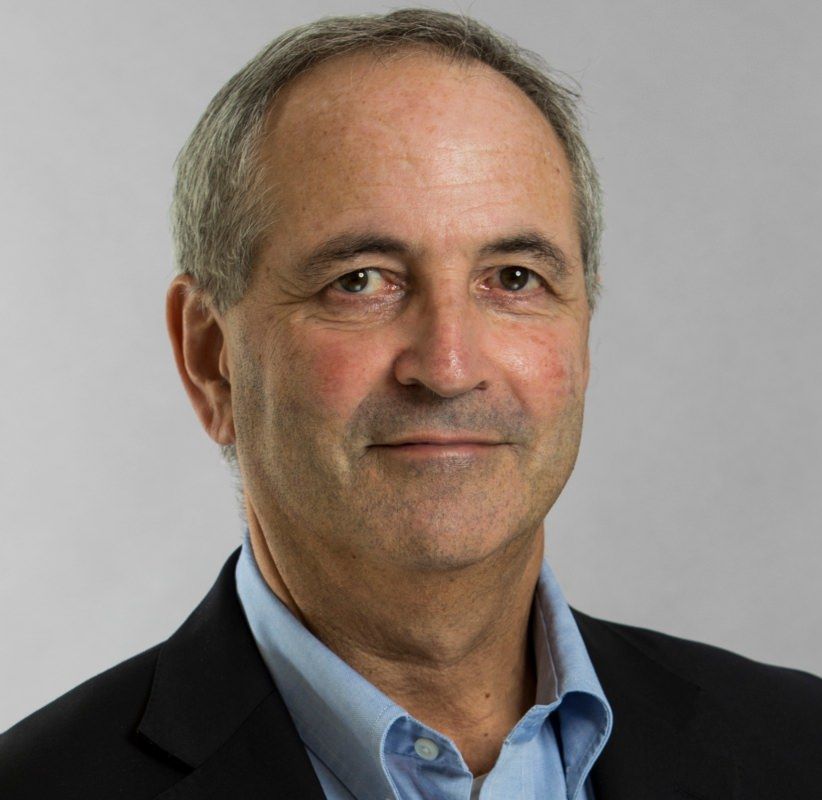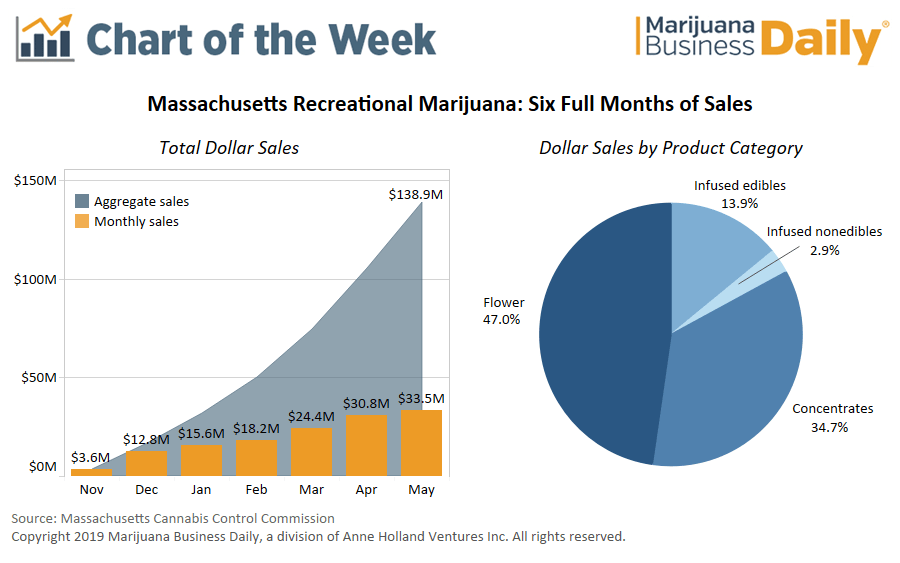Germany may be the largest and fastest-growing medical cannabis market in Europe, but signs are emerging from medical and regulatory circles that should serve as a warning to marijuana companies planning to commercialize medicines without conclusive clinical trials.
In fact, businesses based on science and efficacy may see a competitive advantage in Germany in the long run over those that are focused on volume and sales, according to industry experts.
In a recent interview with Handelsblatt, Karl Broich, president of the Federal Institute for Drugs and Medical Devices (BfArM), called medical cannabis a “system rupture” – systembruch in German – because marijuana prescriptions are permitted without the same level of efficacy requirements needed for other prescription medications.
Broich said the BfArM’s objective is to get more cannabis products with proven efficacy on the market. So far, that’s a short list that includes Sativex and Canemes.
That means efficacy and intellectual property may play greater roles in separating the winners from the rest of the pack.
The science edge
Medical cannabis businesses prioritizing science may see certain advantages in Germany.
“It is in the interest of companies to conduct clinical research” because German regulators and physicians “feel more comfortable” with cannabis-based medicines for well-researched indications, said Franjo Grotenhermen, a physician and managing director of the International Association for Cannabinoid Medicines.
“I have the impression that cannabis companies from outside Germany often don’t know what’s going on here,” he said.
Grotenhermen referred to the “major role” that cannabis-based medicine Sativex and dronabinol preparations play in the German market.
“I understand that these products do not play such an important role in Canada, the Netherlands, the USA and Israel,” he said.
According to Grotenhermen, the reliance of German regulators and doctors on dronabinol and Sativex “can, in part, be explained by effective lobby of pharmaceutical companies convincing medical associations that their products are superior.”
“If companies wait too long, we may see synthetic modulators of the endocannabinoid system – FAAH inhibitors, MAGL inhibitors, selective CB2 receptor agonists – for which clinical studies have started, introduced and established as a standard first-option therapy (before marijuana) for conditions for which we may use cannabis today,” Grotenhermen said.
But even as traditional pharmaceutical products are the first line of treatment, access to flower is here to stay, according to Jan Witte, medical director of Aphria Germany.
Witte pointed out that the BfArM recently contracted the first domestic cultivation of cannabis for the next four years, demonstrating a commitment to the use of flower for the time being.
Sales of medical flower in Germany doubled from 2017 to 2018, and 765 kilograms (1,687 pounds) was imported during the first quarter of this year.
“What we need now is constructive dialogue to increase the level of evidence and support doctors’ understanding of the cannabis toolkit they now have available,” Witte said.
To avoid the proliferation of court-approved home grows, German legislators were pushed to approve a law in early 2017 that provided general access and forced statutory health insurers to provide compensation as long as certain requirements are fulfilled, including that cannabis be prescribed as a last resort.
Doctors up in arms
About a dozen associations representing German doctors recently appealed to the medical community, journalists, insurers and politicians to adopt a “more responsible” approach toward medical cannabis.
The signatory associations included the German Association of Palliative Medicine, German Association for Psychiatry and Psychotherapy, German Neurological Society and German Pain Society.
According to Witte, the associations “represent, without any doubt, the medical community in Germany” and should be taken seriously.
The associations focused criticism on:
- The media, for often presenting medical cannabis in an overly positive way and without making the distinction between two distinct categories: cannabis-based medicines with marketing authorization, and products used to dispense magistral preparations in pharmacies.
- A lack of information regarding medical cannabis flower. Doctors generally don’t know which varieties should be prescribed for which conditions and in what dosages. Doctors are also worried about the lack of information regarding side effects.
- Biased sources of information. The associations say publicly listed companies spend large amounts of money on marketing. They specifically mentioned the German-language website for Leafly, which claims to provide independent information, and questioned how Leafly could do so given that its parent company also owns Canadian cannabis producer Tilray.
- Cannabis producers for inviting doctors to visit their facilities and meet “experts.” The associations called out producers for finding ways to make German doctors aware of their products in questionable ways.
The groups appealed to:
- Doctors to prescribe traditional pharmaceutical products with marketing authorization whenever possible and prescribe cannabis flower or preparations only as a last resort, as the law mandates.
- Physicians associations to create guidelines according to the Association of the Scientific Medical Societies in Germany’s “Guidance Manual and Rules for Guideline Development.”
- Journalists to conduct careful research and verify the quality of their data and always differentiate between cannabis-based medicines and medical cannabis.
- Insurers to develop more standardized and binding guidelines around the criteria used to approve or deny cannabis-treatment coverage.
- Politicians to make decisions based on reliable data from independent studies done according to internationally recognized standards of evidence-based medicine.





